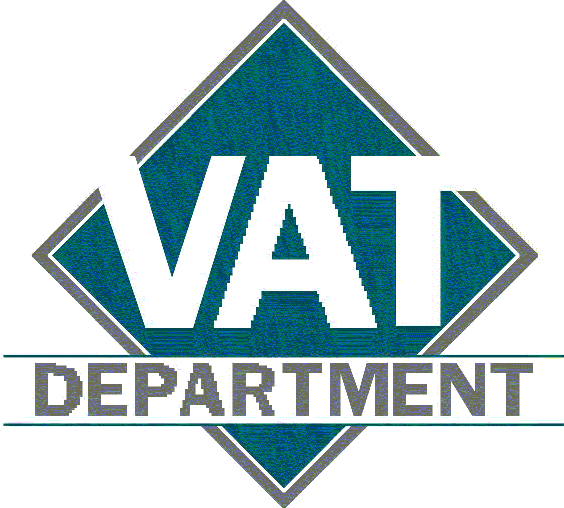George Osborne: VAT rise is 'least damaging' way to tackle deficit
As VAT rises to 20%, chancellor rejects criticism that the tax is regressive, and claims rise is a 'tough but necessary step towards Britain's economic recovery'
George Osborne claimed today that increasing VAT was the "least damaging" way to tackle the national deficit in the face of criticism that the rise will squeeze families, hitting the poor the hardest.
Shoppers flooded high streets yesterday, snapping up items such as furniture, electrical goods and kitchens in an attempt to beat the VAT rise, from 17.5% to 20%, which took effect at midnight.
Although it is widely considered to be a regressive tax, one that takes a higher proportion of the income of people on lower incomes than those on higher incomes, the chancellor argued that increasing VAT was fairer than raising taxes taken directly from income, which he said would cost jobs and ultimately hit poorer people harder.
"Higher income tax or higher national insurance ... these two things I think would have a greater impact on work incentives, on competitiveness of the British economy. I think they would cost jobs," he told BBC Radio 4's Today programme. Asked if he was arguing that VAT was "more progressive", Osborne said "absolutely".
The shadow chancellor, Alan Johnson, told the Today programme earlier that putting VAT up was a "broken promise" and that Labour still favoured higher national insurance as an alternative to a 20% VAT rate.
"That was our argument at the general election and that's still our argument now," he said. "The Chartered Institute for Personnel and Development say the VAT increase is going to cost 250,000 jobs whereas the national insurance increase would cost 75,000 jobs. If national insurance was a tax on jobs, VAT is three times the tax on jobs."

No comments:
Post a Comment